Joyce Mullen On Why ‘Nobody Can Match’ The Dell Technologies Cloud
Dell Technologies channel chief Joyce Mullen talks to CRN about the Dell Technologies Cloud, tighter VMware integration ahead and how VMware’s acquisition of Carbon Black and Pivotal Software will benefit channel partners.
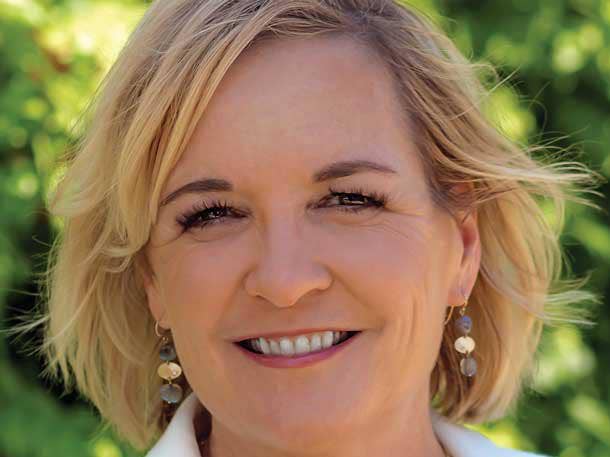
‘Nobody Can Match’ The Dell Technologies Cloud
Dell Technologies channel chief Joyce Mullen says no competitor can touch the $91 billion infrastructure’s giant Dell Technologies Cloud platform and strategy thanks in part to its tight integration with VMware.
“You’re going to see more and more of these integrated solutions that take advantage of the world leading virtualization capability and management company, along with world-leading hardware company,” said Mullen, president of Global Channel, OEM and IoT at Dell Technologies in an interview with CRN at VMWorld 2019. “Then you add in really awesome security capability and development capability with Pivotal, it’s pretty compelling.”
Mullen takes a deep dive with CRN around the Dell Technologies Cloud, why Dell partners should be excited about VMware’s acquisition of Pivotal and Carbon Black, updates to the new Dell Technologies Partner Program and where partners are making the most money.
“The astute partners are making tons of money – like way more than they make on hardware resale – on the services around helping customers migrate from one environment to another or build micro-services on top of things like the Dell Technologies Cloud and AWS,” Mullen said.
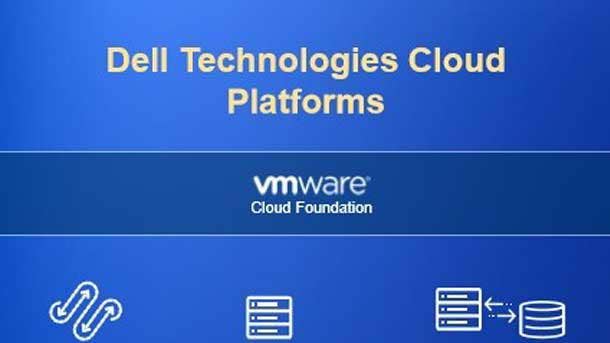
Pound for pound, can any other vendor match the Dell Technologies Cloud platform?
Nobody can match this. I’ve been with Dell for 20 years, I might not be the most objective person in the world, but I really don’t think anybody can match it. Partners are stepping back and saying, ‘Who do I bet on for the long-term?’ We have to earn it every day and make sure we improve every single day, but I mean, who’s a better choice? If you’re saying, ‘How do I manage my business? Where am I going to deploy my people? How am I going to train my people to be really capable at representing technical solutions that are going to help my customers? I could choose to fracture them across tons and tons of different companies or I can choose to build a core capability around Dell Technologies. Do I have confidence that Dell Technologies is going to be around for a while and continue to innovate and spend money on R&D?’ Well, we spend a ton of money on R&D. I think Dell Technologies is a good bet. I feel like it should be a really good proof point for us is, [Dell Technologies founder and CEO] Michael Dell has not been shy about reinventing this company lots of different times. If I look over the arch of many years of companies who rise and fall, and rise and fall, the biggest issue is the failure to reinvent or the failure to disrupt your own cash flow streams or your own product capabilities. We are really committed to not fall into that trap which should give our partners even more confidence that we’re a really good partner to place a bet on and build your business around.
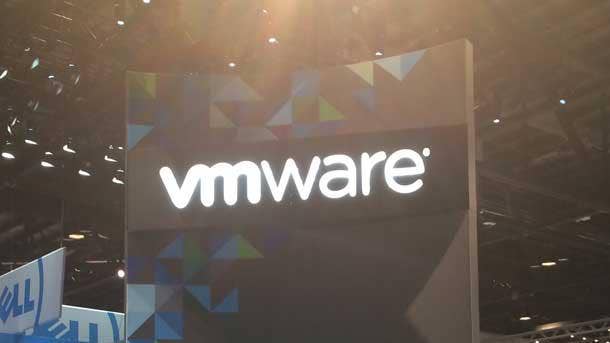
When VMware makes an acquisition, should partners think of it as a Dell Technologies acquisition? For example, should Dell partners view VMware’s Carbon Black acquisition as a purchase by Dell?
They need to view that as a VMware acquisition, but we offer 99 percent of what VMware offers through our Dell Technologies Partner Program. So we get very excited about improvements and capability to any of the VMware products and services because that represents an opportunity for our partners. We have about 60,000 partners in the VMware program, ours is three-times that size, but if you think about the data center focused partners who are really building infrastructure environments for customers around the world, there’s a ton of overlap in those partners. I do think there’s opportunity for us to help expand the reach of VMware through the Dell Technologies Partner Program because we do have more partners and more access to partners who are potentially buying hardware, but don’t yet know how to position the relevant software stack. So I think [VMware acquisitions] are an opportunity for both of us.
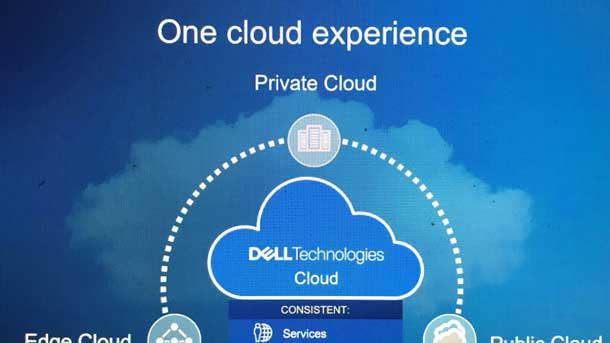
Dell Technologies Cloud Data Center As-A-Service just became available in the U.S. How should partners go-to-market with it?
This is a still a very limited offer right now. We’re going to be building it. We’re going to launch this in a limited fashion. We have some activity going on with a few partners to try to figure out what this offer should look like for partners. We’ve made a bunch of progress since Dell Technologies World around validated designs so now more of Dell infrastructure products can be incorporated effectively in and can be validated to work with the Dell Technologies Cloud in addition to VxRail. Pivotal PKS is now available on VxRail, that’s aiming toward the developer community. Then we have relaunched and are working on expanding our capability around our flexible consumption model – Flex on Demand. That is really different from a sort of pure subscription approach because it truly is paying for consumption. If you step back, the work of our partners are going to be, how can you set up an environment so this can actually work really effectively so that the applications are built and able to migrate and move on to this Dell Technologies Cloud. But then, how can you also drive consumption of the assets and the IP that is going to help the customers most with whatever outcomes they’re looking for. Flex on Demand is really designed to support that.
How is Flex on Demand consumed? Is it on a per VM basis or on a per server basis?
It’s really bespoke. It can be set up however the customer wants. That is the idea. It’s truly consumption as opposed to metering it or dividing it by 36. We’re going to be adding some capabilities to that as well.
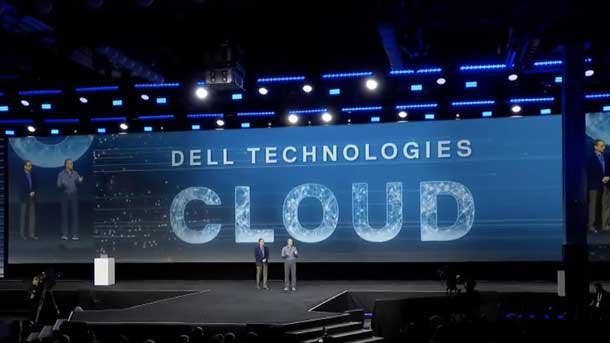
Dive into the Dell Technologies Cloud go-to-market strategy?
The reason that we’re so excited about it is the industry has absolutely agreed around the multi-cloud vision. There’s nobody debating that anymore. The work that VMware has done to figure out how to link basically the public cloud brands and opportunities with AWS, Google, Microsoft Azure and IBM – the fact that VMware can be that bridge and offer that capability to manage across all of those clouds, is pretty incredible. Then the fact that we can slot in those core components, the building blocks of infrastructure that have been validated, certified and work really effectively from a hardware point of view – because all this stuff eventually is built on hardware which is why the combination makes sense – it’s really a great illustration of delivering on the promise of Dell Technologies. A couple of years ago, we were talking about Dell Technologies but we really didn’t have any solutions. Then we launched VxRail, then Unified Workspace, etc. You’re going to see more and more of these integrated solutions that take advantage of the world leading virtualization capability and management company, along with world leading hardware company. Then you add in really awesome security capability and development capability with Pivotal, it’s pretty compelling.
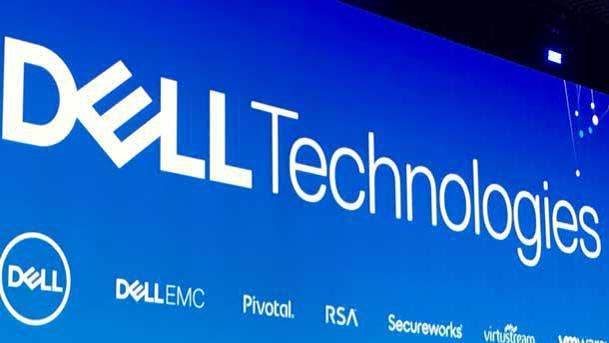
What’s the benefit in 2019 of being Dell Technologies with VMware under your wing?
We’re seeing tremendous growth in the Dell Technologies Advantage Program where partners can transact and engage across the portfolio. We focused our efforts on VMware because that was the most interest for our partners and it’s sort of the tip of the spear for any cloud strategy. The growth has far exceeded our expectations in terms of how often are we able to join forces to cross sell across VMware and Dell Technologies. If a partner has been a really strong Dell EMC hardware partner, how do we make sure we make them understand the value of VMware and how do we package up those solutions – either with solutions that we’ve already built like VxRail or with some combination of vShpere and servers or whatever they want to build for their customers. We’ve seen enormous growth in that space as a result of that effort. We’ve also seen VMware partners just coming on as a Dell hardware partner. Now they’re saying, ‘Okay customers need solutions. How do I integrate this and provide more of a package?’ Plus if there’s a [SD-WAN] VeloCloud offer or VxRail offer, you know how to build those, support those, service those, build services around those – so it’s a steady opportunity for growth and profitability for our partners. They don’t have to relearn everything.
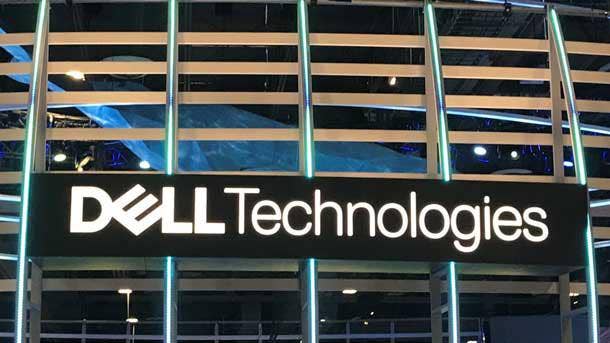
What’s new with the Dell Technologies Partner Program in terms of cross selling benefits and capabilities?
We now have PKS (Pivotal Container Service). We have some new offers in SecureWorks that are now available through the Dell Technologies Partner Program. These are SKU’d up services so that our partners can buy through us and we're also making some good progress with RSA and Boomi who have been growing. Boomi is another one of those brands that we’ve been working on to make sure our partners know about it. I would say a year ago, we could probably transact maybe half of the Dell Technologies portfolio. We’re now up to 90 percent of the brands. We’re almost there. It won’t be every single offer that Pivotal has, for example, but we will able to sell every single brand I would say by the time we get to the launch for next fiscal year around February.
Any big initiative ahead for the partner program?
I [believe] partners who are signing up to build these Master Services Competencies and earn these credentials with VMware, we should just grandfather them in. If they are really good at HCI (hyper-converged infrastructure), I mean how much different is HCI with a Dell server versus HCI with somebody else’s server? We should just grandfather them in. We haven’t done that yet, but I think we need to be much more aggressive about that.
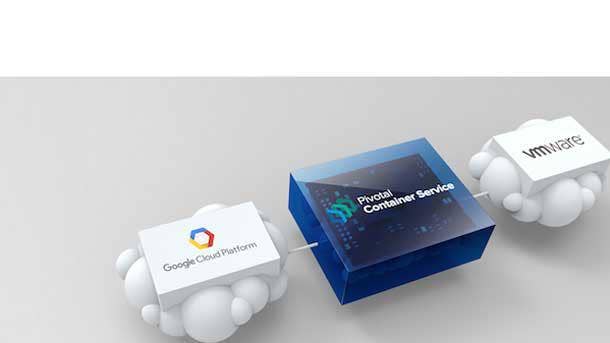
Talk about the opportunity for partners around Pivotal PKS?
This whole notion on building in containers is really a huge opportunity. It’s all about trying to figure out how to reduce the lock-in and improve the efficiency of application development and deployment. What I love about PKS is that any customer who has VxRail can also figure out how to start using PKS if they want to. We’ve been working really closely with (Pivotal executive and former Dell EMC leading technologist) Chad Sakac on the development side – he was doing VxRail before. So it’s great. It’s now part of our offering. You can buy VxRail with VMware Cloud Foundry and also with PKS. What is very interesting is VMware acquired Heptio, whose two leaders created Kubernetes, those guys are kind of on staff. So they are really credible in terms of helping customers understand how to build applications and migrate applications to cloud-native environments. It gives us a huge advantage to help customers in this complicated space and help partners develop the skills and capabilities around this space. More partners are wanting to build PKS capability.
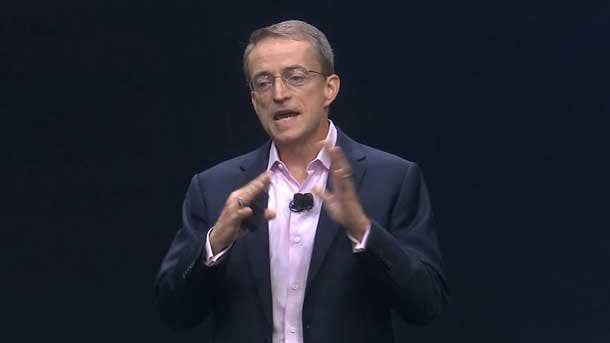
What is the benefit of VMware acquiring Carbon Black and Pivotal Software?
We want to make sure that we can help developers build, run and manage the cloud in whatever environment. [VMware CEO] Pat Gelsinger (pictured) is a pretty smart guy so he’s figuring out how to put together a collection of technologies that will allow us to do that. It’s all about making sure we have the capabilities for developers to make sure they can build the applications to run in this multi-cloud environment. It makes a lot of sense to me. Pat says the security as an industry is broken. The hackers are getting smarter, we have to figure out how to do something different with this industry. We have a long-term view that is interesting when you think about building security in – intrinsic security. VMware has an intrinsic security vision. I think it’s pretty compelling.
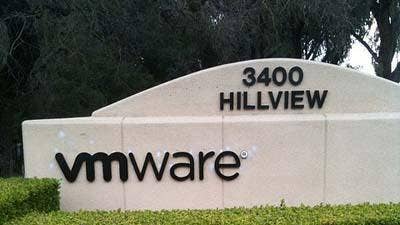
Why should a channel partner be excited about VMware’s acquisitions?
What we’re talking about is making core capabilities of the Dell Technologies Cloud better. The more we can build in capability so that it’s easier for our partners to focus on the high value-added services that they can bring to those environments, compared to the more mundane stuff which can just be part of the core offer, I think it’s going to help our partners a lot. We had 15 or so partners at our recent Cloud Partner Summit – these were the super technical guys. We talked about the opportunities to help customers build applications and then make sure they can run and manage in these environments. The astute partners are making tons of money – like way more than they make on hardware resale – on the services around helping customers migrate from one environment to another or build micro-services on top of things like the Dell Technologies Cloud and AWS. I’d love it if we can get rid of the nuts and bolts pieces of that and figure out how to offer that to our partners, then our partners can figure out how to build high value services on top of it – that’s where a ton of our partners are going.
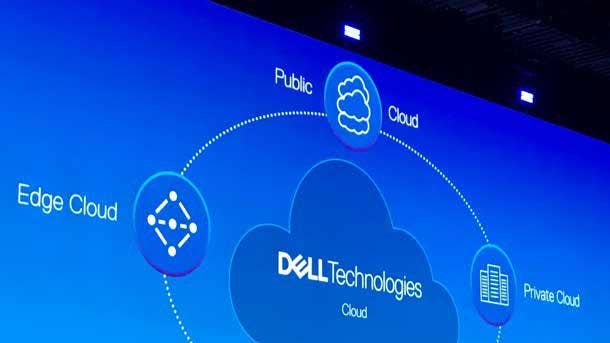
What’s the long-term strategy for the Dell Technologies Cloud?
We are on a steady drumbeat of new capabilities that are going to be improving the Dell Technologies multi-cloud offer that are available to customers and partners alike. We are figuring out how to continue to add operational capabilities, development opportunities and management opportunities to the platform. We’re going to continue to build on that leveraging our significant R&D money so that we continue to stay ahead of the competition in terms of offering that ability to develop, run and mange a multi-cloud environment. I don’t think there’s a better bet in the industry in terms of who is going to stay ahead of that curve, who can stay ahead of that curve and who has IP across the hardware stack and the software stack to make sure we’re integrating solutions that are really untouchable in the market. You’ll hear more in November, more next year – we’re just going to continue to add capability because we see where the market is going, it’s definitely multi-cloud. We know there’s going to be a much more focus on consumption. We see the services that our partners are doing that are going to add a ton of value are around the ability to help migrate and help customers move from their existing environments to this multi-cloud environment. There’s a ton of profit opportunity around those.